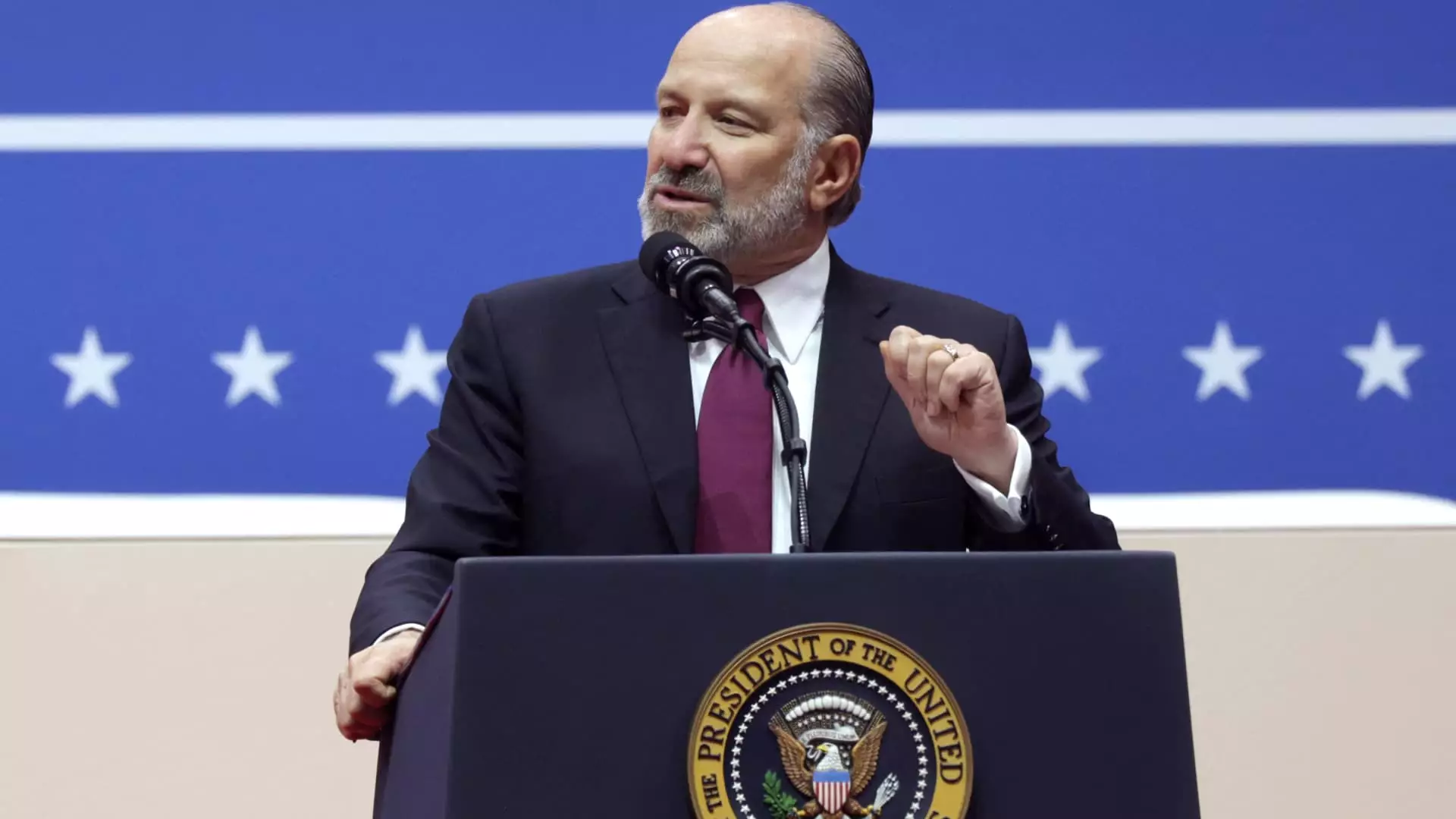In a setting where technological innovation is paramount, the trade policies shaped by politicians can feel like a storm cloud looming over the industry. Howard Lutnick, the Commerce Secretary under Donald Trump, has cast fresh doubt on the stability of recently granted tariff exemptions for electronics. His announcement that these exemptions are merely a temporary reprieve and that broader semiconductor tariffs are on the horizon presents a distressing outlook. Consumers may start to feel the pinch as companies inevitably pass increased costs onto them. This isn’t just about numbers on a balance sheet; it’s about how shaky trade regulations can disrupt daily conveniences and essential technologies.
The paradox of the current situation lies in the very fabric of American commerce and technological growth. While the exemptions brought momentary relief, they also highlight the volatility of the existing political landscape. Consumers have grown accustomed to relying on products created overseas, and the idea of returning to domestic manufacturing seems more of a political slogan than a feasible strategy. The protectionism espoused by the administration may prompt short-term gains in certain sectors, but it risks long-lasting damage to consumer choice and the health of the tech economy.
National Security or Economic Isolation?
Lutnick emphasized a notion that having American-manufactured products is integral to national security. While it’s commendable to prioritize domestic production, the rigid approach that discounts global cooperation could be damaging. It’s critical to distinguish between vital national interests and economic isolationism. The rhetoric around dependence on foreign manufacturers can easily spiral into a misguided narrative that punishes global collaboration, which has historically contributed to innovation and efficiency in U.S. industries.
Moreover, the attempt to redefine customer accessibility through tariff policies appears convoluted at best and sly at worst. When large tech companies like Apple are compelled to navigate an increasingly chaotic tariff landscape, it only amplifies a larger crisis of credibly in the current administration. The rapid changes in policy and the muddled messaging have left consumers, businesses, and foreign partners in a flurry of confusion, ultimately affecting trust in American leadership and its economic stability.
Political Consequences and Public Perception
Senator Cory Booker’s remarks on the credibility crisis facing Trump touch upon an essential truth: policy uncertainty drives a wedge between the government and its constituents. When businesses can’t plan for the future or anticipate pricing trends due to sudden and unpredictable tariff changes, it stymies innovation and growth. The tech sector thrives on predictability, and without it, we risk not only slower economic growth but also a stagnation of creativity and disruptions in the technological advancements that shape our everyday lives.
Consequently, as America steers through these turbulent waters, it is imperative to pursue a balanced approach. Engaging in constructive dialogues about tariffs while ensuring consumer protection and market stability should be paramount. It’s not merely about protecting American jobs; it’s about fostering an environment where progress and consumer freedoms thrive equally. Embracing a nuanced trade policy that recognizes the interdependencies of modern economies rather than succumbing to isolationist pressures can pave the way for a more stable and prosperous future.

